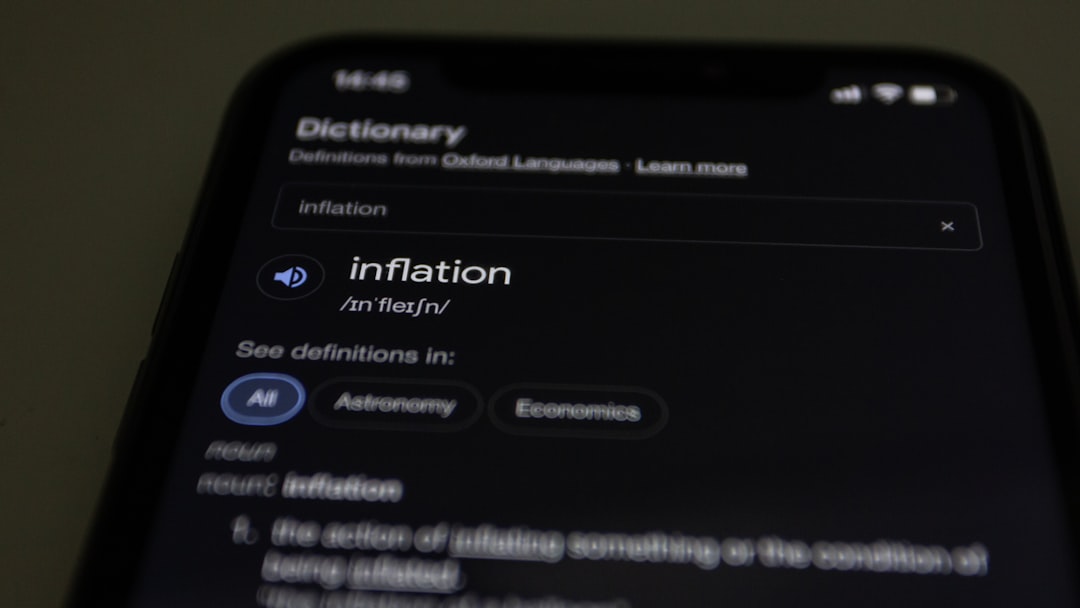Digital Detox: 11 Hidden Ways Your Phone Is Draining Your Mental Energy
Our phones are useful tools that also carry subtle costs. Many of those costs don't show up as obvious problems, but they quietly trim the mental energy you rely on for focus, joy, and rest. This piece walks through eleven hidden ways that frequent phone use saps energy so you can spot the patterns without guilt. I'll mix research-backed insights with simple recognition cues and approachable steps you can try this week. Expect no shaming—only clear signals and doable swaps that fit real life.
1. Phantom Notification Syndrome

Have you ever felt a buzz that turned out to be nothing? That's phantom notification syndrome, and it reflects how conditioned our nervous systems have become to expect digital signals. Research shows people check their phones around 96 times a day, which primes the brain into a near-constant anticipatory state. That low-level waiting for the next alert consumes attention and energy because the brain keeps scanning for meaning even when you’re trying to relax. You might notice a raised heart rate, a sense of restlessness when your pocket is empty, or frequent micro-checks during conversations. A gentle first step is a short "notification audit": turn off nonessential alerts for one day and note how often your body cues you to check. Many readers find that the urge fades within hours and that evenings feel calmer. Over time, you can create quiet windows—meal times, short walks, and bedtime—where your phone stays out of reach, allowing the anticipatory system to downshift and restore mental energy.
2. Cognitive Switching Penalties

Switching from a task to a message or app isn't harmless. Studies of task-switching show that frequent interruptions can shave off as much as 40 percent of productive time in digital contexts. Each switch forces your brain to rebuild context, recall where you left off, and reorient, which costs time and mental effort. You might feel like you're busy all day yet leave tasks feeling unfinished or foggy. Look for signs like frequent tab-hopping, long lists of half-completed chores, or an evening feeling of mental sludge despite a full workday. One realistic fix is time-blocking: set 25–50 minute focus windows and silence nonurgent notifications. Another tactic is to create a small ritual for task transitions, such as a three-breath pause before switching activities; that short reset reduces attention residue and makes transitions less draining. Over weeks, these practices rebuild your capacity for deeper work and leave more energy for activities you truly value.
